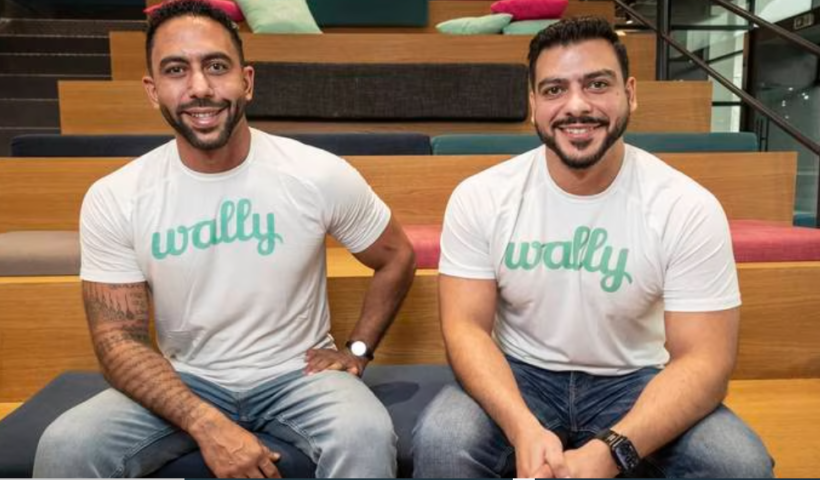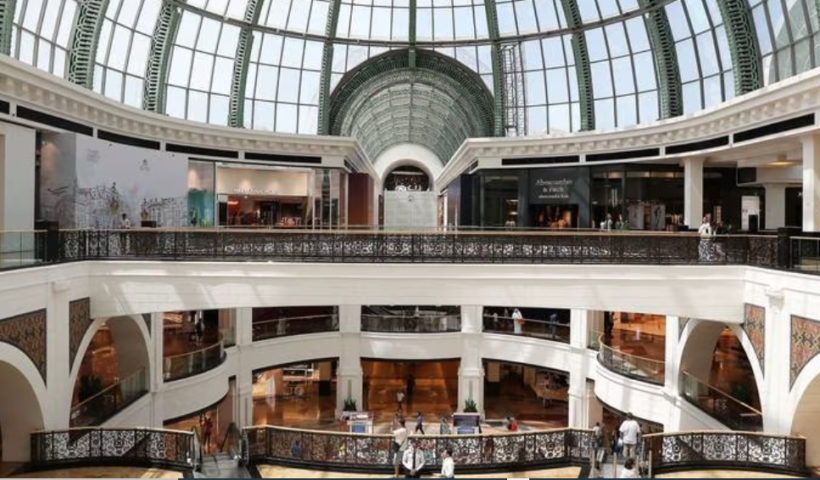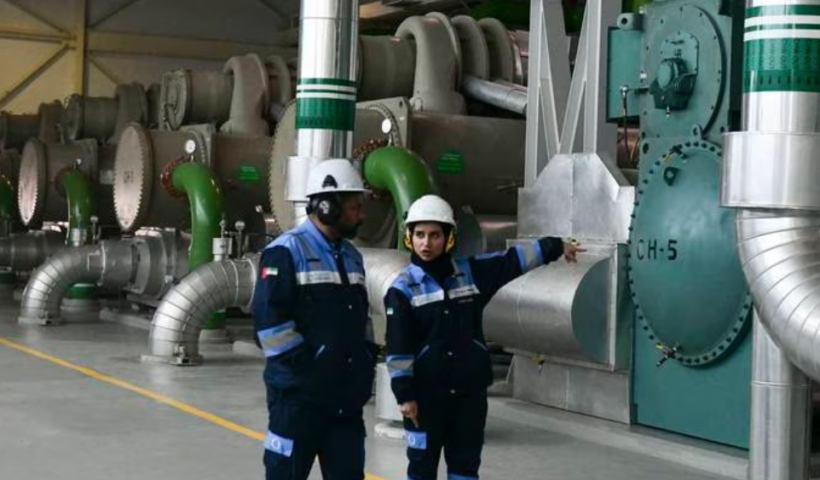Users of the app can connect their bank accounts to track their net worth and get information on how much they spend, save, and invest.
Saeid Hejazi had gotten into the habit of manually tracking his finances on Excel before Aramex, the largest courier company in the Middle East, acquired his online retail start-up Nahel in 2013.
He remembers that the process of manually categorizing the data he copied from bank PDF printouts into Excel was tiresome and aggravating.
I continued the habit after getting Nahel, but I realized there had to be a better way.
“I wasn’t the only one experiencing this difficult situation; others did as well. Wally was created after seeing the market lacked any superior products.
Mr. Hejazi and his brother Sami launched Wally, a personal finance app that aids users around the world in tracking and managing their accounts, in 2014.
Users are able to monitor their net worth, expenditures, and financial goals in one location thanks to the app’s connections with 15,000 banks in 70 different countries.
Wally, according to Mr. Hejazi, “helps the overbanked to take back charge of their finances and begin achieving their goals.”
“Too many people have a lot of credit cards, loans, and bills, which makes it challenging to monitor them, create a plan for them, and assess their progress.”
The Covid-19 outbreak sparked considerable worry about individual financial matters and brought attention to the value of saving, having an emergency fund for unforeseen expenses, and planning adequately for retirement.
According to a July poll by Sharia-compliant savings and investment company National Bonds, more than eight in ten savers in the UAE think it’s critical to have an emergency fund in place to weather challenging economic times.
According to a different survey conducted in 2022 by the insurance provider Friends Provident International, 45% of UAE citizens still need to begin saving for retirement.
Wally was created before open banking, which gives users the option to share their financial information with a third party, therefore at first, the app’s users had to manually keep track of their accounts. However, Mr. Hejazi claims that the software had already utilized some parts of machine learning at the time.
Wally 3.0, which enabled users to link their bank accounts to automate the tracking process, was released by the co-founders in 2020. The program was initially introduced in North America before being gradually expanded to 15,000 institutions in 70 other countries.
The app’s co-founders released version 4 this year, calling it WallyGPT, the first generative AI personal finance tool available in 70 nations.
“WallyGPT has been constructed from the ground up using machine learning and artificial intelligence,” claims Mr. Hejazi.
This enables consumers to conduct research, plan and track their objectives, get investment advice, and learn about financial services without being limited by the conventional charts and tables.
In the case of a 20-something who is getting married soon, WallyGPT can assist them in determining their current net worth, researching the costs of getting married anywhere in the world, creating a savings plan and monitoring its development, suggesting some investment opportunities (like mutual funds or exchange-traded funds), and more which will help them to reach their goal little faster.
and suggest a credit card that will reimburse their wedding-related travel costs, the CEO says.All of these advantages are “hyper-personalized, instantaneous, tailored, and intelligent,” he claims, adding that WallyGPT’s conversational style brings it closer to being the ultimate financial software.
A user can utilize WallyGPT to ask sophisticated inquiries about their finances, investments, savings, and more after linking their bank accounts to the app and suggest a credit card that will reimburse their wedding-related travel costs, the CEO says.
All of these advantages are “hyper-personalized, instantaneous, tailored, and intelligent,” he claims, adding that WallyGPT’s conversational style brings it closer to being the ultimate financial software.
Through an agency approach with a regional vendor who is subject to UAE Central Bank regulation, WallyGPT is offered in the UAE. According to Mr. Hejazi, the Central Bank (Sama) of Saudi Arabia controls and issues licenses for the app.
“We’re going to concentrate on increasing the number of users in our top five markets in terms of user growth. We are presently working on capabilities that will give WallyGPT autopilot functionalities in terms of product development. The idea is to enable users to “set it and forget it,” according to the co-founder.
For instance, WallyGPT will be able to petition for debt reconciliation on your behalf if you are paying excessive interest on all of your loans, allowing you to start saving. Based on asset performance, WallyGPT will be able to balance a user’s portfolio for investment.
The software, which is available for free, intends to generate income by offering services for debt management, investment optimization, and the search for new financial solutions.
According to Mr. Hejazi, the company with its headquarters in DIFC has a data privacy agreement with OpenAI, the company that created ChatGPT, that guarantees the data given with them is not utilized for training and is removed after 30 days.
No personally identifying user information, such as user IDs, emails, or names, is shared by WallyGPT.
In contrast to WallyGPT, Mr. Hejazi claims that human financial advisers are only available to wealthy and high-net-worth persons who have to have a minimum amount in cash and assets (at least Dh300,000 or $81,000) to take use of their services, and their costs are costly.He says that WallyGPT is superior than human advisors in that it is free and offers more individualized, quick, and knowledgeable replies.
Additionally, WallyGPT allows users to manage their entire financial situation, including passive investing, whereas robo-advisers only assist clients with a particular, limited aspect of their finances—passive investing.
He proposes using WallyGPT as an example, which “helps users cut down on unneeded expenditures to find more investable cash or pay down debts.”
There are 20 members of the WallyGPT team, almost all of whom are developers, and the company has an engineering office in Bengaluru.



